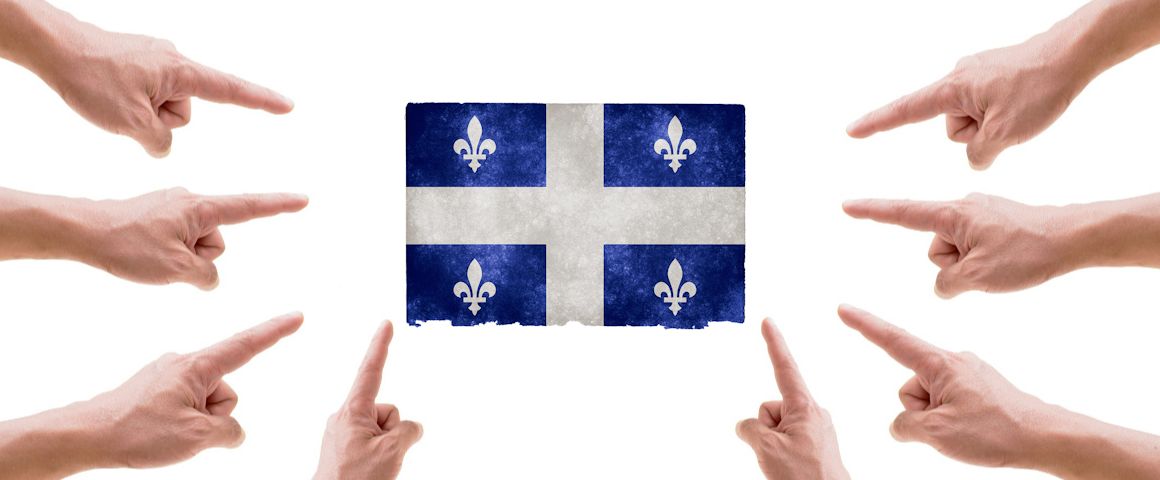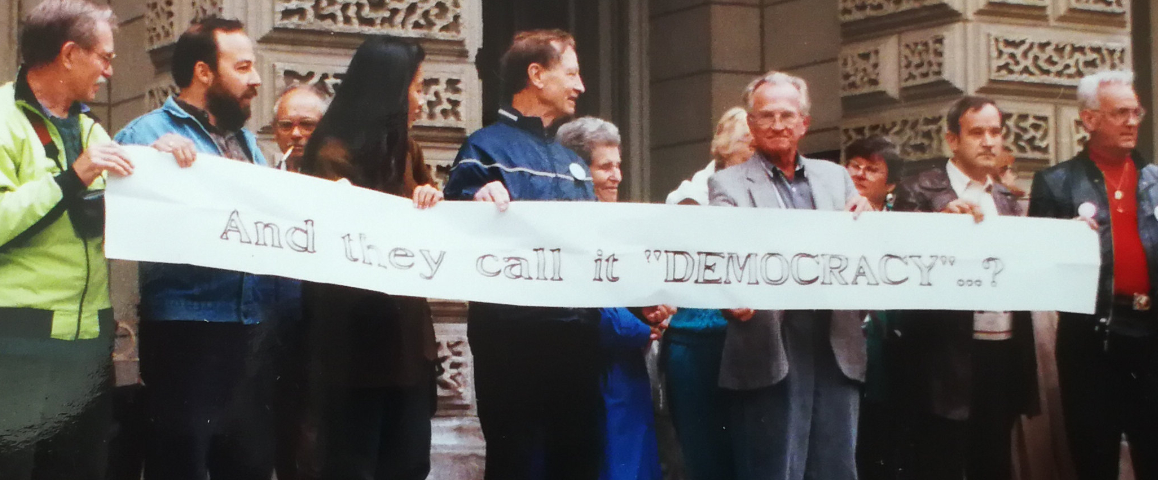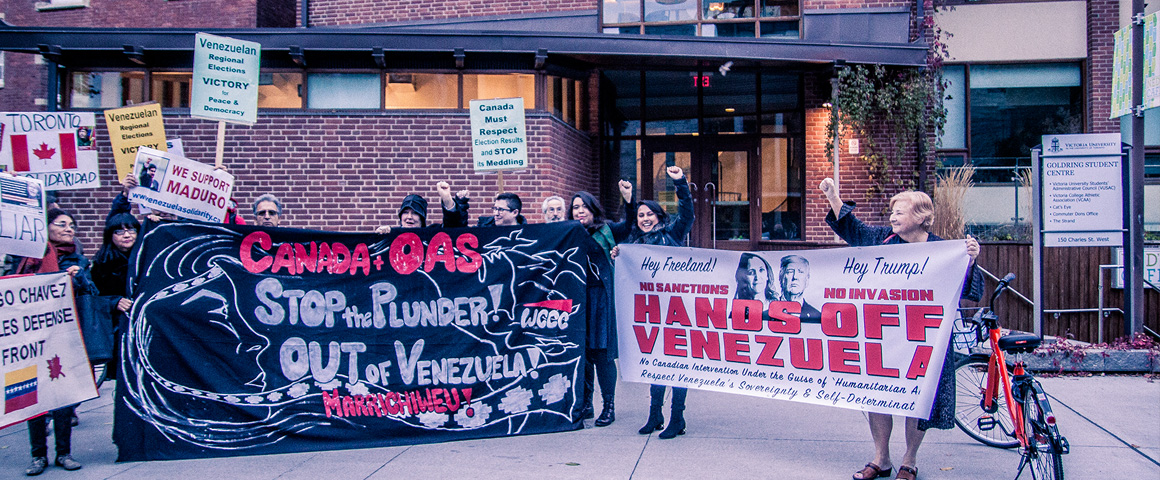As the votes were being counted on October 21, it quickly became clear that the NDP was not going to see its much anticipated (and expected) breakthrough in Toronto. For the last two weeks of the campaign, polls consistently suggested that New Democrats were on track to win in the downtown ridings of Toronto Danforth, Parkdale-High Park, and Davenport. In the end, it wasn’t even close – the Liberals won the first two ridings by 8000 and 10,000 votes, respectively, and held Davenport by a close-but-comfortable 1500.
Across Ontario, the NDP won only six seats – less than half of what it was projected to take. It was an outcome that the pundits explained, very quickly, as arising out of strategic voting. Ontarians, it seems, are pragmatists who did what they thought they needed to do, in order to block a surge from Andrew Scheer’s Conservatives.
The NDP was blanked in Saskatchewan, losing all of the three seats it had won in 2015. This was immediately explained to be the result of voter anger and anxiety over a lack of attention and sympathy for the province’s resource-based economy. The pundits quickly pointed out that the Conservatives, who won every seat in Saskatchewan and 87% of the seats in the three prairie provinces, were merely benefitting from their pro-pipeline policies.
In British Columbia, the NDP had been expected to retain the 14 seats they won in 2015, but only managed eleven. The narrative here was that the Dippers had become tangled with the Greens in a fight for progressive support, allowing the other parties to benefit from a split vote.
And this brings us to Quebec. Upon seeing that the NDP had been reduced to a single seat, CBC anchor opined, “It is fair to also ask whether Quebec was ready for a person of colour to be leading a party.” When Chantal Hebert pointed out that the Bloc Quebecois “ate [all of] the Liberals, the Conservatives and the NDP,” Barton quickly moved to another question. Whereas elsewhere in the country, the NDP’s poor results were packaged into somewhat understandable or even supportable excuses, its near wipeout in Quebec was immediately attributed to racism.
Never mind that Maxime Bernier, leader of the ultra-right racist People’s Party was trounced in the Quebec riding he’d held since 2006. Never mind that a key issue for Quebecers is supply management in agriculture, a system the Bloc squarely committed to defending. Never mind that the same CBC election broadcast included a clip of an anglophone Canadian saying of Jagmeet Singh that “people aren’t ready for his [points to her hair] religion.” And never mind the numerous incidents of racism that Singh directly encountered in English-speaking Canada, virtually all of which were celebrated as examples of the NDP leader’s “principled response” rather than condemned as examples of xenophobia.
The narrative that “Quebec is the racist core of Canada” is not confined to CBC or other media pundits. It has, unfortunately, been echoed by some on the political left, with comments ranging from a smug tsk-tsk to outright bigotry against Quebecers. Much of this discourse seeks cultural evidence by pointing to Quebec’s “Law on the Secularism of the State”, Bill 21, which bans most public workers from wearing or displaying religious symbols and is widely understood to be focused on Muslims. But the legislation has received a lot of opposition within Quebec. The Parti communiste du Québec, which is a distinct entity within the Communist Party of Canada, wrote that Bill 21 is “secular in name only” and is political cover to hide “the true nature of the Legault government, that of a fundamentally reactionary, identity-based and nationalist government.” The PCQ argued that “the real purpose of this law is not only to divide, but to trivialize, legalize and institutionalize oppression and marginalization, of which Muslims are already the first victims.” Other organizations, including some unions and civil rights groups, opposed the law with analysis along similar lines.
Painting all Quebecers with the Bill 21 brush not only ignores the facts, but promotes a distorted view of Quebec which, like Bill 21 itself, serves to minimize the realities of national inequality and, ultimately, to divide the working class.
The NDP’s poor electoral result may not something to cheer, but analyzing it requires examining the complicated context that includes the limits of bourgeois democracy, the dynamics of the multi-national reality of Canada, and the overall political weakness of the NDP itself. And while it also includes an examination of racism and xenophobia, that is certainly no excuse for a wave of anti-Quebec bigotry. That the election result has so quickly opened such commentary is an indication of the widespread national chauvinism in English-speaking Canada, and how close it lies to the surface.
Key issues like the climate crisis, the danger of militarism and war, and increasing social and economic precarity received distressingly short shrift in this election. The working class is staring down the barrel of a severe, multi-faceted crisis and the only way to confront it is through a massive united struggle that is forged through national, gender and racial equality.
The task of progressives in English-speaking Canada is to fight big-nation chauvinism, not to find excuses for peddling it.




